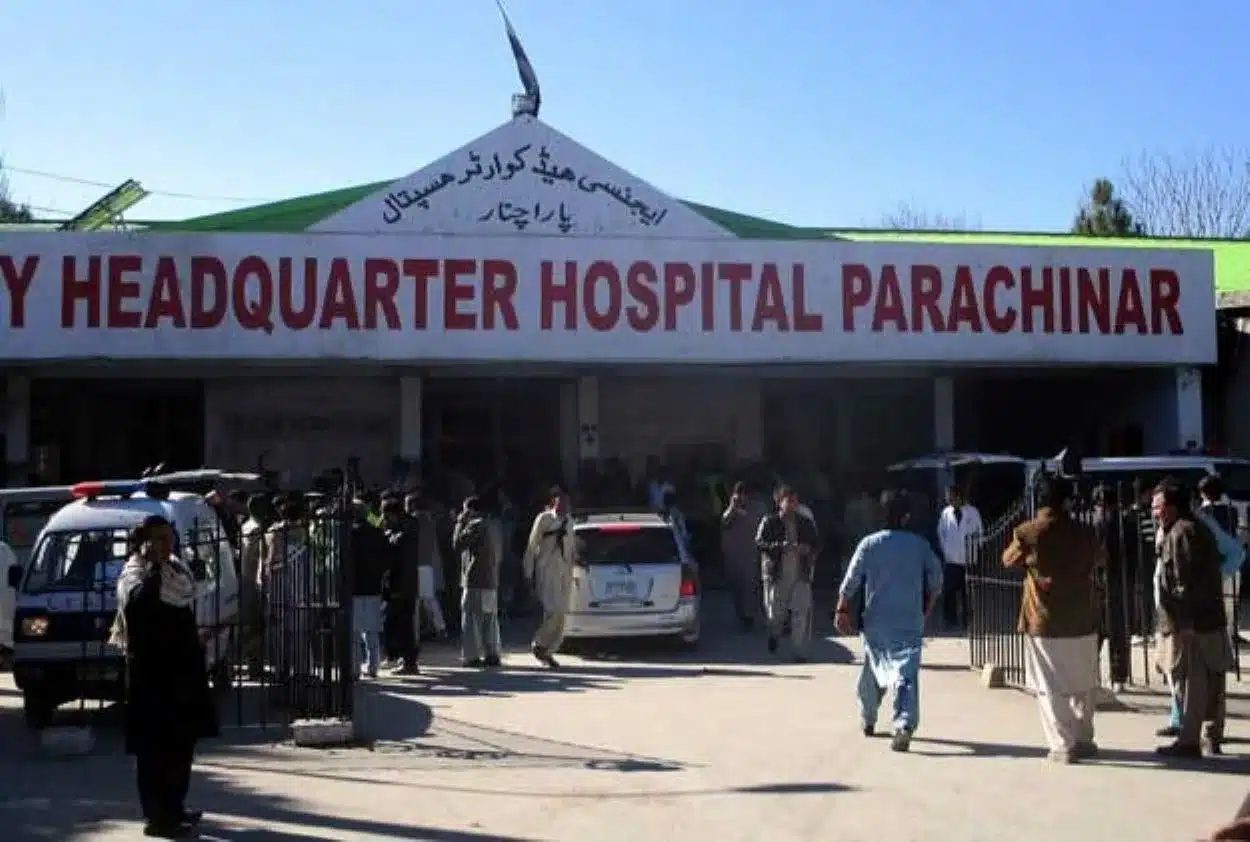The conflict in the Kurram tribal district resulted in a death toll of 11, including two casualties on Tuesday. In response, the Khyber Pakhtunkhwa government has asked the federal government for additional military and paramilitary support, as per Article 245, to resolve the violent dispute.
The conflict initiated on July 7 between the residents of Dandar Sehra and Boshehra has caused over 70 injuries, with both parties employing heavy weaponry. The violence has generated fear among locals and created a scarcity of essential commodities, including food, due to road closures. Fighting continued on Tuesday in several areas, resulting in two fatalities and 25 injuries, according to Dr Qaiser Abbas from the Parachinar District Headquarters Hospital.
In a separate development, PPP leader Faisal Karim Kundi urged Prime Minister Shehbaz Sharif to intervene to prevent the escalation of the conflict. Kundi refuted claims that the dispute was sectarian, asserting it was a land conflict.
Enforcement Measures and Plans for Resolution
The KP Home and Tribal Affairs Department announced that a 30-member jirga had travelled to Kurram to mediate the dispute over land issues. The jirga held discussions with local leaders in Sadda and Parachinar under the oversight of the deputy commissioner. Despite these efforts, violence broke out on July 7 over a construction dispute in Dandar Sehra in Upper Kurram, resulting in seven deaths and 37 injuries.
The department has deployed law enforcement, enacted a ban on large gatherings, and initiated negotiations to bring calm to the area. The KP government recently established a high-level revenue commission to handle land issues in Kurram, with another visit planned this week.
However, the department warned against attempts to frame the conflict as sectarian, stating that those spreading misinformation on social media would face severe consequences.
The district official, Kurram DC Saiful Islam Shah, and Federal Minister for Overseas Pakistanis, Sajid Turi, also highlighted concerns about repeated ceasefire violations. The ongoing violence, leading to road closures, has caused a shortage of essentials like food, medicine, and fuel, intensifying the local populace’s fear and hardship.






